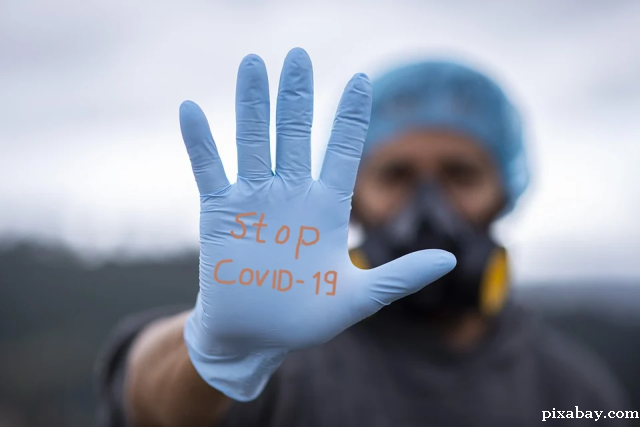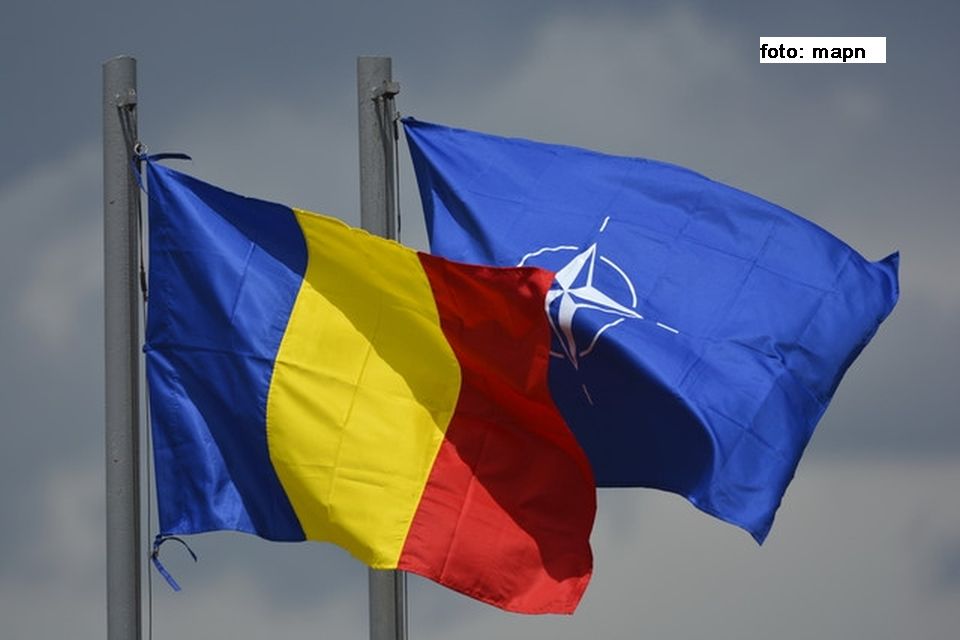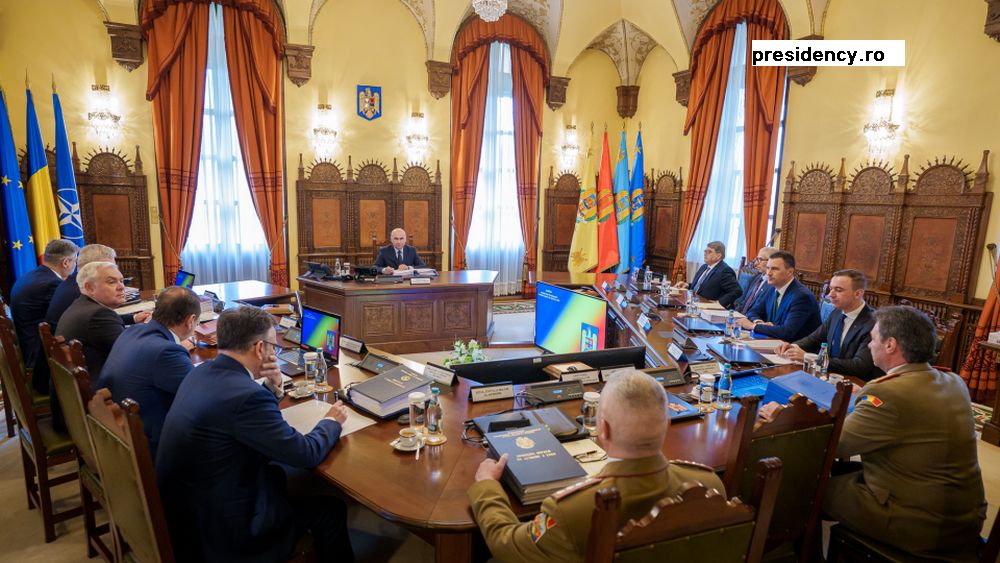The pandemic and human rights
Amnesty International finds the pandemic worsened existing inequalities and abuse

Ştefan Stoica, 08.04.2021, 13:50
The world was shattered by the COVID-19 last year, and the pandemic and the containment measures taken by authorities around the world had an impact on everyone, sometimes deepening existing abuse and inequalities.
This is the conclusion reached by Amnesty International in its latest report on human rights around the world. As regards Romania, the measures taken by the government to contain the spread of the disease raised human rights concerns including in relation to policing, the right to freedom of peaceful assembly and the right to education, the report reads.
In March 2020, Amnesty says, the government declared a state of emergency due to the COVID-19 pandemic. It derogated temporarily from a number of rights protected under the European Convention on Human Rights, including the right to education and to freedoms of movement, expression and association.
In terms of discrimination, a legislative proposal which would expand existing anti-discrimination legislation remained before the Senate at years end, Amnesty International found.
A European Commission report in February quoted by Amnesty International found that Roma continued to face discrimination and segregation including in education, employment, access to housing and forced evictions. During the state of emergency, NGOs and the media reported several cases of unlawful use of force and allegations of ill-treatment of Roma by the police. Human rights groups and NGOs raised concerns about Roma being scapegoated during the pandemic and denounced “the rise of hate speech and racism targeting Roma in mass media and social media, especially by opinion leaders and public figures.
As for the rights of lesbian, gay, bisexual, transgender and intersex (LGBTI) people, in June, Parliament passed a law which, among other things, prohibited teaching and training about gender identity. The law, adopted without public debate, prohibited “activities aimed at propagating the gender identity theory or opinion, understood as the theory or opinion that gender is a different concept from that of biological sex and that the two are not always identical, Amnesty International says.
The organisation also quotes a study by the NGO Caritas Romania, which highlighted the challenges faced by children from vulnerable groups while accessing remote learning during the March-June lockdown, with Roma among the worst affected. According to the study, an average of only 15% of children from marginalized groups participated habitually in online activities during the lockdown, the main obstacles including a lack of technical equipment, overcrowded homes with a lack of adequate study spaces, and the absence of support from parents to complete online tasks. (tr. A.M. Popescu)






























